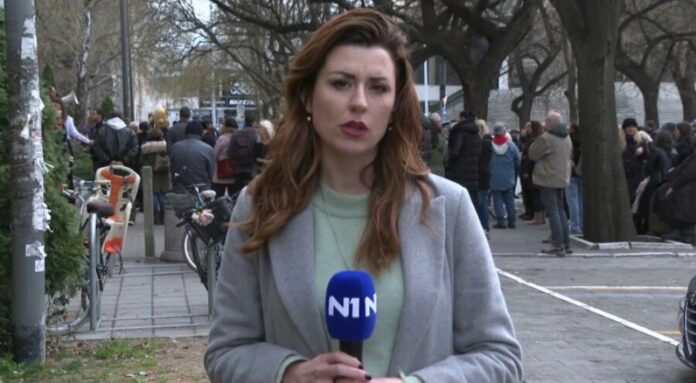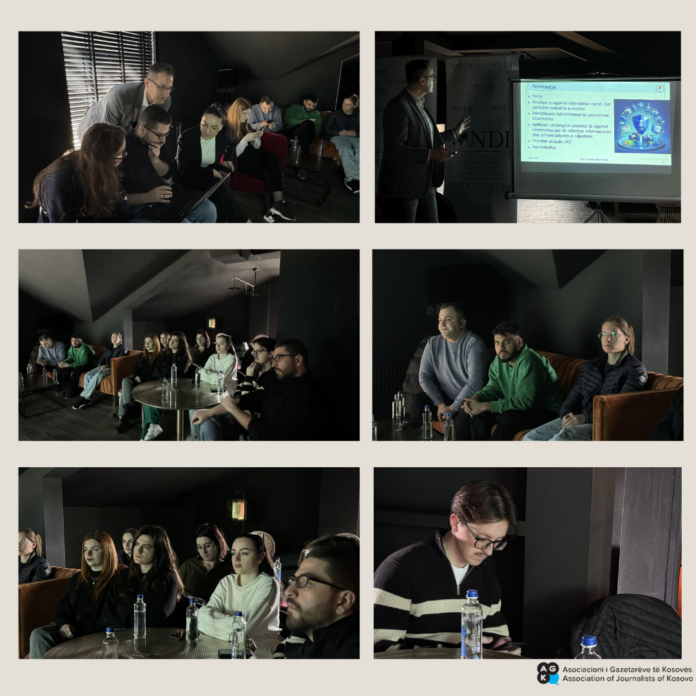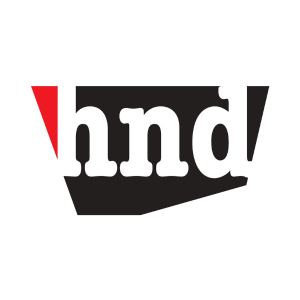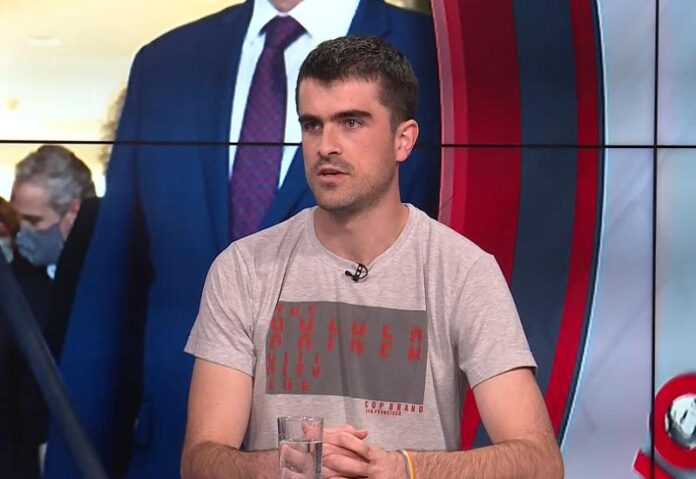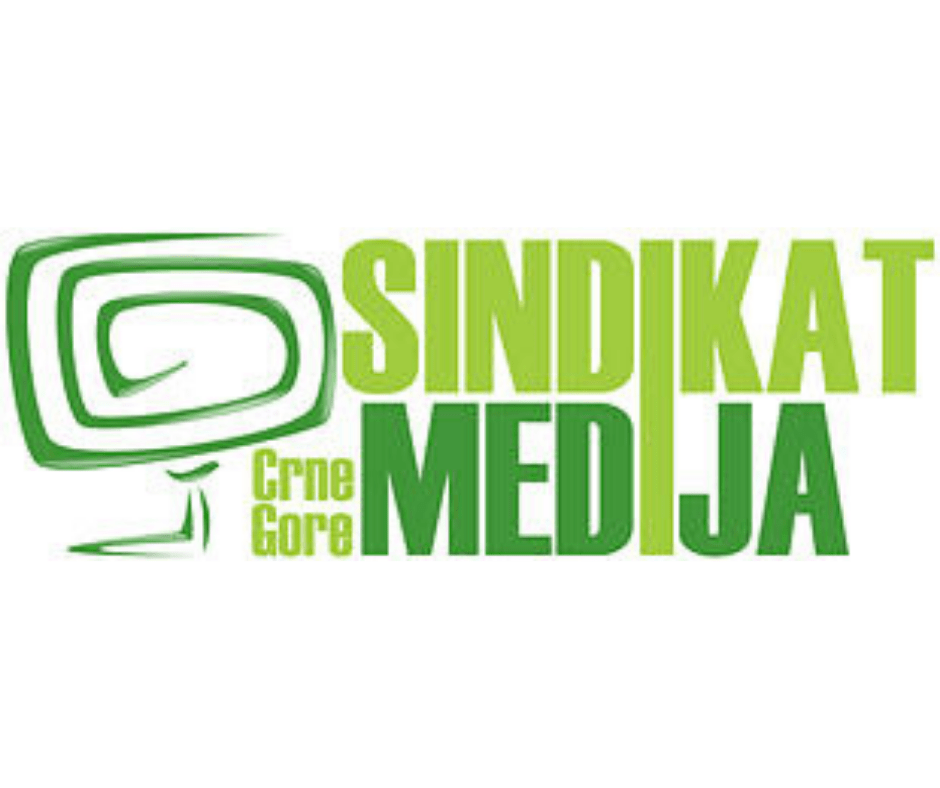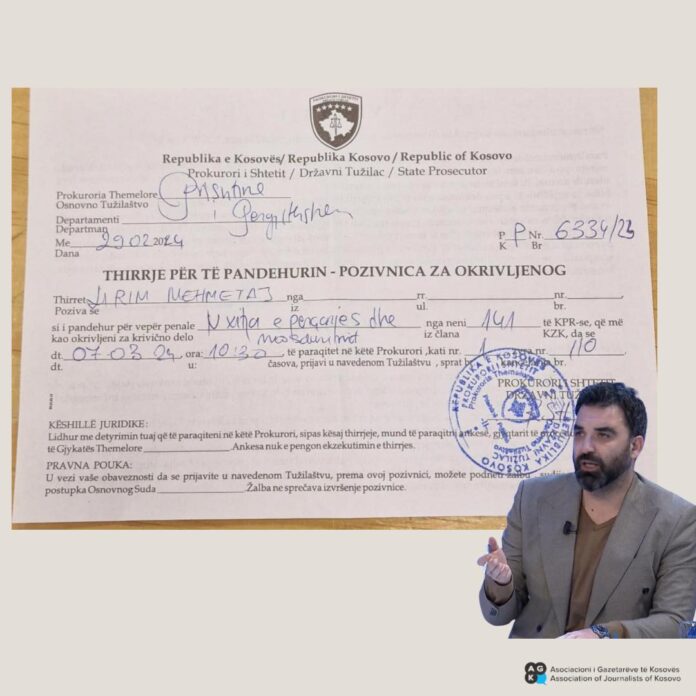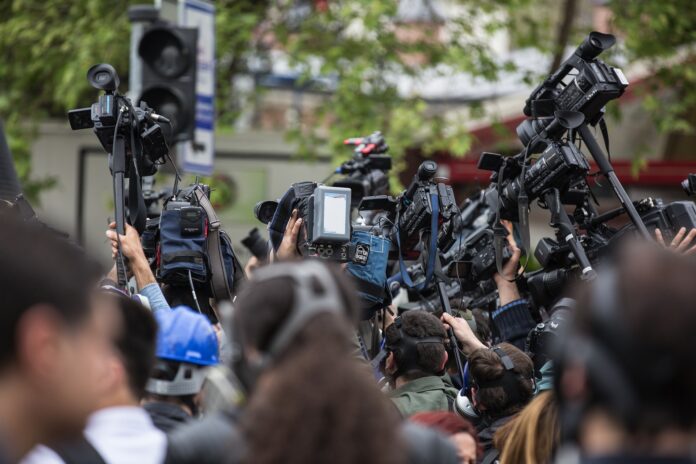Before the decision of the Croatian Parliament on amendments to the Criminal Code introducing a new criminal offense of unauthorized disclosure of the content of investigative or evidentiary actions, the Croatian Journalists’ Association addressed the following open letter to the citizens of Croatia, co-signed by 18 media outlets:
The Croatian Journalists’ Association (CJA) addresses all citizens of the Republic of Croatia with an open letter once again warning of the harmfulness of adopting amendments to the Criminal Code – known as the “Lex AP” – for media freedom and the public’s right to be informed, which the Government of the Republic of Croatia has submitted to the Croatian Parliament for adoption.
Article 307.a of the Criminal Code “Unauthorized Disclosure of Content of Investigative or Evidentiary Action” is unacceptable to the HND, and we demand its withdrawal.
The public must know that the introduction of such a legal solution is an attack on the journalistic profession and public interest, and an open assault on whistleblowers.
If such a Criminal Code were currently in force, our colleagues who have been publishing the content of messages exchanged between a former state secretary and the elected chief state prosecutor for days would have been questioned several times already in informational interviews.
If such a Criminal Code were in force, the Croatian public would have been deprived of a whole series of scandals uncovered by our colleagues, which citizens must know about.
Although the proposer, as a guarantee to journalists that they will not be subjected to repression, included public interest as a reason for excluding unlawfulness in the legislative proposal and explicitly excluded journalists as possible perpetrators, instigators, or accomplices in the act of unauthorized disclosure of the content of investigative or evidentiary actions, this is not the case.
The CJA warns citizens of the worrying fact that our colleagues may have their mobile phones, laptops, and archives confiscated, as well as their emails intercepted. Their homes and apartments can be searched. As part of investigative actions, the prosecutor or police officer can call a journalist for an informational interview, not once, but as many times as they deem necessary. They can obtain lists of their telephone contacts, call colleagues and editors for interviews.
In the case of such a criminal offense, the aim of the investigation is to uncover the perpetrator, i.e., the person who made information of public interest available to journalists, and the journalist who published the story will be the starting point for investigators.
Such actions will result in every potential whistleblower carefully considering before approaching a journalist if they know that the police and prosecutors will search their contacts and collaborators. If this happens, we will all be deprived of key information, and the CJA is obliged to warn the public about it again.
The CJA calls on all colleagues to continue publishing stories of public interest professionally, as they have done so far. The CJA will provide concrete assistance to anyone who comes under attack from this law.
For the Croatian Journalists’ Association,
Hrvoje Zovko, President
Chiara Bilić, Vice President
Dragutin Hedl, Vice President
The letter is co-signed by:
Dražen Klarić, Editor-in-Chief of Večernji list
Goran Ogurlić, Editor-in-Chief of Jutarnji list
Ivan Buča, Editor-in-Chief of 24sata
Jelena Valentić, Editor-in-Chief of Telegram.hr
Sandra Lapenda Lemo, Editor-in-Chief of Slobodna Dalmacija
Andrea Radak, Editor-in-Chief of Novosti
Berislav Jelinić, Editor-in-Chief of Nacional
Zdravko Milinović, Editor-in-Chief of Globus
Igor Alborghetti, Editor-in-Chief of Express
Tihomir Ladišić, N1 Croatia
Silvija Šeparović, Editor-in-Chief of Yammat FM
Ines Brajević, Editor-in-Chief of Dalmatinski portal
Dražen Majić, Editor-in-Chief of Istra24
Željka Gavranović, Editor-in-Chief of PlusPortal
Ivor Fuka, Editor-in-Chief of Lupiga
Davorka Blažević, Editor-in-Chief of Tris
Vedran Gvožđak, Editor-in-Chief of KAportal
Goran Gazdek, Editor-in-Chief of Virovitica.net


